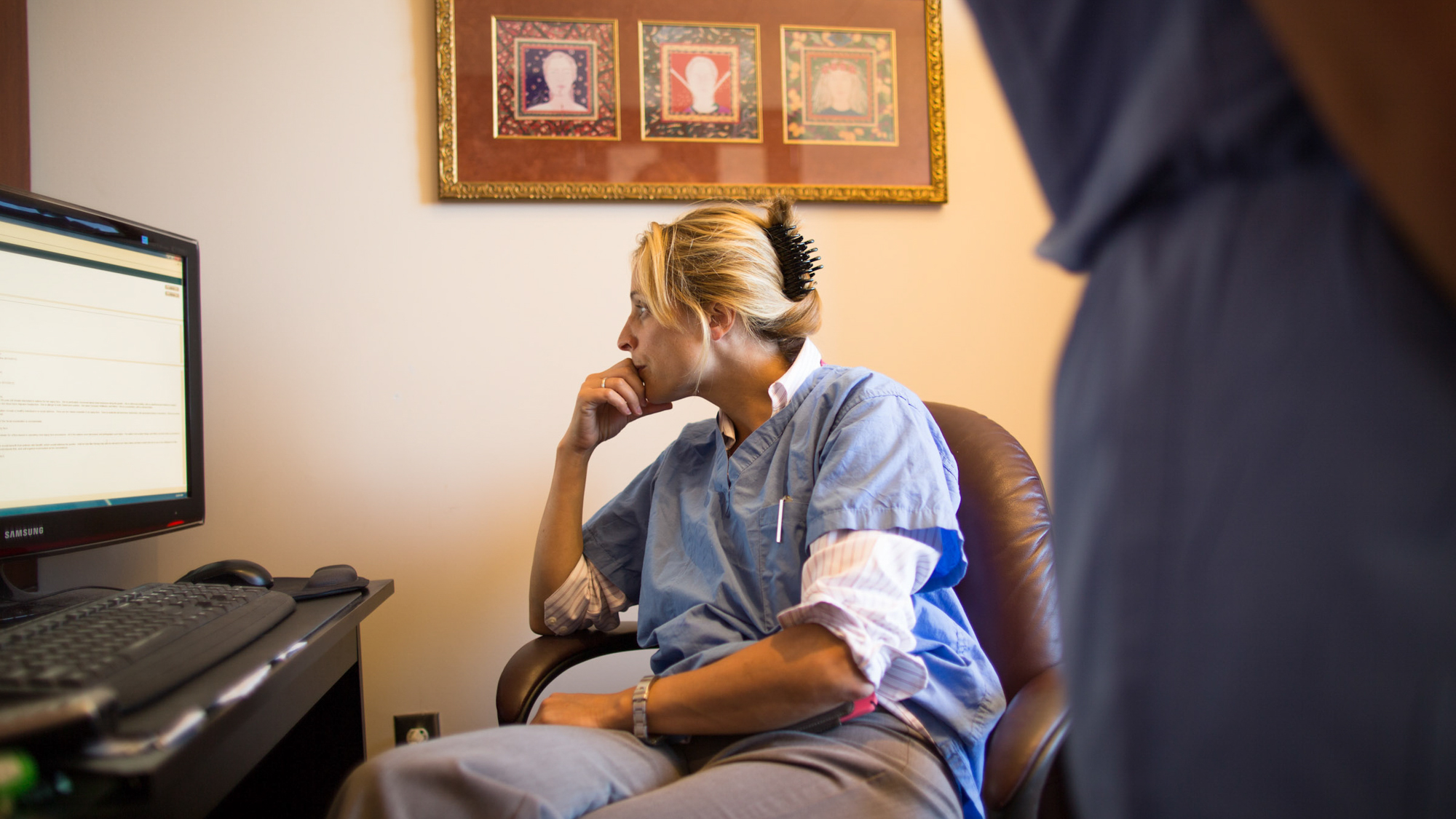Podcast
Q & A: Does Following a Clinical Guideline Help Later in Court?
May 29, 2014

Duration: 6:28
This podcast is an episode of Patient Safety Updates (now MedMal Insider). You can find other episodes and subscribe using the links to the left.
Transcript
When it comes to clinical guidelines, providers often ask, “Does following a clinical guideline or published algorithm in the course of evaluating a patient or recommending treatment have implications for professional liability?” In other words, if something goes wrong, and a patient blames the doctor, do clinical guidelines help or hurt in the defense of a malpractice claim? CRICO recently asked a leading defense attorney in Boston for some insights. Ellen Epstein Cohen joins now. She is a partner with Adler, Cohen, Harvey, Wakeman, Guekguezian, LLP
Q) Ellen, thank you for joining us. The basic question is: do clinical guidelines help or hurt in the defense of a medical malpractice claim?
A) To answer that, you have to first ask the question: what’s the role of clinical guidelines in the practice of medicine? The strongest way to defend any medical malpractice allegation is to prove that you practiced good medicine. If you are in a specialty and there are guidelines that are published and widely used and referred to in the field, then it would be appropriate in treating the patient to refer, and try to conform, to those guidelines. On the flip side, what is the significance if in a particular patient’s care you do not comply with the guideline? Does that mean that you were negligent? The answer to that is no. It doesn’t mean you were negligent, but it would be one piece of evidence that a plaintiff lawyer and expert on the other side would use to argue that your care did not comply with the standard of care. To say it more simply, guidelines can be one piece of evidence in trying to prove what the standard of care is.
Q) CRICO’s guidelines are updated every 2–3 years. Does it matter which version was current at the time of an event or is the long-term adherence the thing that is critical?
A) We know that the practice of medicine is not static. It’s changing and evolving and improving all the time, and that’s why the guidelines are changed and modified as the state of knowledge is increased and improved. A practitioner will be held to the standard of care that applies at the time the treatment was rendered. Many years down the road when we’re in a courtroom defending that care at a trial, we describe the standard of care in place at the time of the incident. That’s what the practitioner is held to, and it may be evidenced in part by what the guidelines were at that time. So earlier versions of the guidelines are very important to us in defending these cases.
Q) How about the process behind developing guidelines. Does the use of subject matter experts, peer reviewed articles, outcome data, professional society pronouncements, etc., make a guideline better than those derived from a less rigorous process?
A) I think the more rigorous peer reviewed guidelines have greater weight and credibility in establishing what the standard of care is. They are only one factor in establishing that, but the more rigorously designed guidelines, the ones that are reviewed by blue ribbon panel, by people who are invited as experts in the field, the ones that are published in the peer review literature, the ones that are published by the leading national organization in a field of specialty—those tend to have greater weight in proving what the standard of care is and is not.
Q) Does the terminology matter, whether the document is a “guideline,” a “standard,” or “decision support,” etc.?
A) I do think it makes a difference. As a lawyer, we specialize in word selection. I think that words have important implications. If you call something a standard and you evaluate medical care based on whether it meets or deviates from a standard of care in the legal sense, you could easily confuse a published standard as being the legal standard, which it’s not. So if I were the one who had a vote on what to call these publications, I would certainly vote for guidelines over standards. Calling them guidelines indicates they are intended to guide the health care provider who then uses his or her judgment in applying them, whereas the word standard implies that it is a black letter rule; you must do it this way.
Q) Are disclaimers important?
A) They are very important and as a defense lawyer, I have referred to them and read them aloud to juries where necessary. I think it’s very important to make clear that these are intended to guide and assist providers but not to compel them to treat any particular patient in the same exact way as every other patient. They usually have some kind of disclaimer somewhere in the document which says that these are general guidelines and recommendations which of course must be modified or used within the judgment of the provider in the care of individual patients.
Q) What’s the bottom line for how clinical guidelines affect a legal defense?
A) Guidelines are a very important part of, first and foremost, providing good care and trying to assist providers in how to approach specific medical issues. But I think they also play an important role in the courtroom in the defense of medical malpractice cases. Even if there was a bad outcome, we can still prove that it was a reasonable and appropriate workup because it complied with a guideline. On the other hand, when the guidelines are used against our providers to say you didn’t do it exactly this way, the disclaimers become important. Our doctors and nurses will then explain why a particular patient’s circumstances mandated some variation from what the guideline recommends.
Q) Thank you. That was Ellen Epstein Cohen, malpractice defense attorney, and partner with Adler, Cohen, Harvey, Wakeman, Guekguezian, LLP of Boston.
This page is an excerpt of a full issue of Insight.
CME: The Massachusetts Board of Registration in Medicine has endorsed each complete issue of Insights or 30-minutes of podcast episodes as suitable for 0.5 hours of Risk Management Category 1 Study in Massachusetts. You should keep track of these credits the same way you track your Category 2 credits.About the series
Even in the safest healthcare setting, things can go wrong. For more than 40 years, CRICO has analyzed MPL cases from the Harvard medical community. Join our experts as they unpack what occurred and the lessons learned for safer patient care from the causes of these errors.
Episodes
Bad Finger, Good Documentation

A Pending Test at Discharge and a Return with Sepsis

Med Error Leads to Change in L&D Policy


